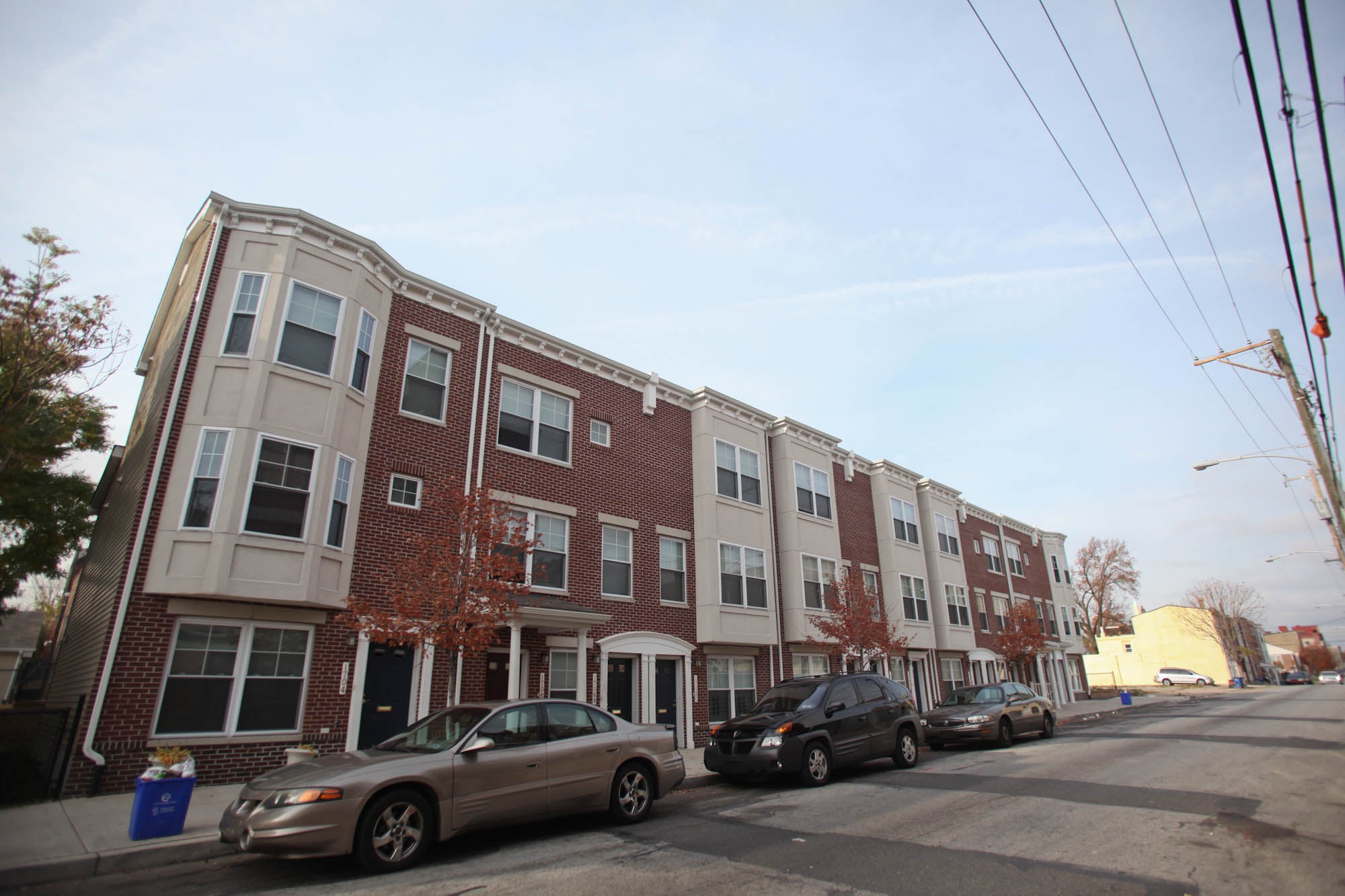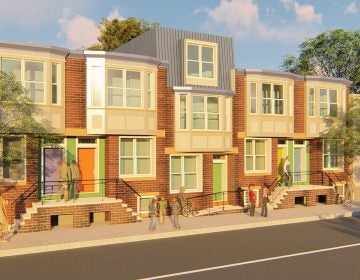Housing advocates hope budget negotiations will unlock more resources

Mayor Jim Kenney’s budget speech at City Council today covered a lot of ground. From his central policy priority–the Rebuild Initiative—to bravura capital projects like capping I-95 and announcing a much needed $170 million investment in roads.
Observers generally described Kenney’s speech as outlining the Platonic ideal of a second-year budget. Nothing too flashy, no new taxes, and few surprises. A little something for everyone.
Well, almost everyone. Affordable housing groups expressed disappointment about the relatively few resources allocated for their priorities in the mayor’s budget speech. The only new funding announced was $1 million in general fund revenues for the Office of Homeless Services to go towards 83 units of supportive housing and rapid rehousing.
Housing advocates expressed appreciation for the mayor’s commitment to homelessness, but said they were eager for him to take more of a leadership role on other housing issues—especially as funding from the state and federal governments seems increasingly uncertain.
“He didn’t propose any new resources for all the other affordable housing challenges we have, such as preventing people from becoming homeless in the first place,” says Beth McConnell, policy director of the Philadelphia Association of Community Development Corporations (PACDC).*
Shortly before the mayor’s speech PACDC sent out a press release highlighting the New Kensington Community Development Corporation’s announcement about their latest project, the Orinoka Civic House. New Kensington CDC received 600 applications for their new 51-unit housing complex, which is located just a block from the Somerset El stop, in the heart of one of the city’s most distressed neighborhoods.
This kind of overwhelming demand for affordable housing units is normal in Philadelphia and in most other jurisdictions in America. The Women’s Community Revitalization Project’s (WCRP) 36-unit development in Port Richmond, which opened in 2016, received 700 applicants within three weeks.
“There’s not too much about housing [in the budget speech] and that’s very upsetting to us,” says Nora Lichtash, executive director of WCRP. “It’s important to focus on job creation, but people can’t deal with the most basic things if they can’t live in a house that is decent and that they can afford.”
The Philadelphia Housing Authority’s wait lists are also notoriously long, a testament to the ever-declining federal commitments to housing for the poor and the working class. The Community Development Block Grant (CDBG) funding that many community organizations depend upon has been steadily declining since the beginning of the century, while funds administered by the housing authority have been radically cut or remained stagnant.
Both Lichtash and McConnell say they have a variety of policies they’d like to see the mayor, or City Council, support in the upcoming budget negotiations. These range from increasing the funding available to the city’s Housing Trust Fund by redirecting anticipated revenue increases, which PACDC supports, to the possibility of developer’s fees levied on new construction, for which WCRP has advocated.
Lichtash says the developer’s fee—which her group now describes as a “construction impact tax”—now has legs in City Council, although she declined to say whom a legislative sponsor might be.
The administration, meanwhile, is attempting to enact an ambitious investment $500 million program in neighborhood parks and libraries in the wake of its historic soda tax victory. The number of units the city could provide for a similar investment in affordable housing would likely still result in long waiting lists.
A recent post on City Observatory pointed out that in recent years San Francisco’s bonded $310 million for affordable housing, which is anticipated to create less than 1,000 new units. In Chicago, a similar amount of units are anticipated as a result of that city’s affordable housing policies—despite a waitlist 300,000 long for public housing.
“The costs of building new affordable housing are really high–hundreds of thousands of dollars for a single unit,” says Daniel Hertz, a policy analyst for the Center for Tax and Budget Accountability (and author of the Observatory piece). “Cities have basically always been dependent on federal subsidies to do large scale housing work, because they’re generally in a weak position to raise that kind of money.”
That’s not to say there aren’t policies that can’t be enacted around the margins of the issue.
The mayor’s speech did acknowledge work being done in city council on the issue. Kenney named the workforce housing RFPs announced by council president Darrell Clarke (for Francisville) and Kenyatta Johnson (for Point Breeze). He acknowledged Jannie Blackwell’s service on the housing authority’s board and Helen Gym’s drive “to increase homeless youth services by 12 percent last year.”
Kenney also made note of his administration’s successful work shepherding the city through compliance with the Obama Administration’s Affirmatively Furthering Fair Housing (AFFH) regulation (which the mayor also noted in his speech).
Last year City Council voted to increase the realty transfer tax revenue to fund housing repair programs, but the need for steady funding is still huge.
But in terms of serious money, Philadelphia’s affordable housing advocates feel they can no longer rely on federal funding under the Trump administration. That’s why they wish they’d seen more on their issues in the mayor’s budget speech.
“There’s a lot of uncertainty around CDBGs and even LIHTC [Low-Income Housing Tax Credit],” says McConnell. “It makes a lot of people uncertain they can build or develop affordable housing. We are all concerned and would really like to see the mayor take a leadership role in putting more local resources on the table.”
*Disclosure: Beth McConnell is a member of PlanPhilly’s advisory committee.
WHYY is your source for fact-based, in-depth journalism and information. As a nonprofit organization, we rely on financial support from readers like you. Please give today.





